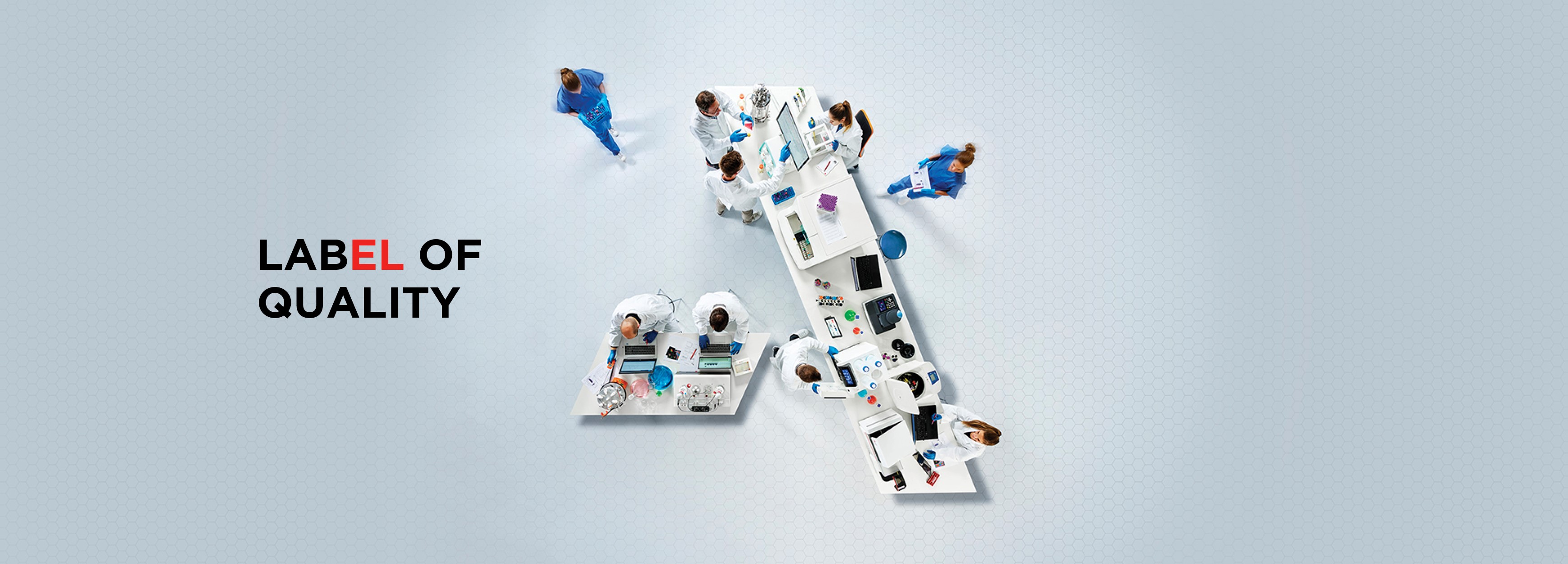

Analis

Namur, Belgium
March 2024
Machinery & equipment
Wholesale/Retail
Belgium,
Luxembourg,
Netherlands The
Distributor of scientific instruments for laboratories and manufacturer of lab furniture. Distributeur d'instruments scientifiques et fabricant de mobilier pour les laboratoires - Verdeler van wetenschappelijke instrumenten en fabrikant meubilair voor laboratoria. Established in 1927, Analis is headquartered in Namur with branch offices in Ghent and Zaltbommel (The Netherlands). Thanks to our broad range of instruments, we offer smart and integrated solutions in application fields such as: pharma, life science, chemistry, clinical diagnostics or industrial QC/QA and R&D… ALMOST 100 YEARS OF EXPERIENCE. 35 000 USERS. MORE THAN 100 BRANDS. We go beyond lab instrumentation: our experts take care of all aspects of laboratory projects and inject their expertise into lab applications from concept to installation and validation, from furniture to equipment... All laboratories want to achieve high quality results and so do we. That's why our vision is to become the LABEL OF QUALITY FOR EVERY LABORATORY !
Overall B Impact Score
Governance 15.3
Governance evaluates a company's overall mission, engagement around its social/environmental impact, ethics, and transparency. This section also evaluates the ability of a company to protect their mission and formally consider stakeholders in decision making through their corporate structure (e.g. benefit corporation) or corporate governing documents.
What is this? A company with an Impact Business Model is intentionally designed to create a specific positive outcome for one of its stakeholders - such as workers, community, environment, or customers.
Workers 30.9
Workers evaluates a company’s contributions to its employees’ financial security, health & safety, wellness, career development, and engagement & satisfaction. In addition, this section recognizes business models designed to benefit workers, such as companies that are at least 40% owned by non-executive employees and those that have workforce development programs to support individuals with barriers to employment.
Community 19.5
Community evaluates a company’s engagement with and impact on the communities in which it operates, hires from, and sources from. Topics include diversity, equity & inclusion, economic impact, civic engagement, charitable giving, and supply chain management. In addition, this section recognizes business models that are designed to address specific community-oriented problems, such as poverty alleviation through fair trade sourcing or distribution via microenterprises, producer cooperative models, locally focused economic development, and formal charitable giving commitments.
Environment 16.4
Environment evaluates a company’s overall environmental management practices as well as its impact on the air, climate, water, land, and biodiversity. This includes the direct impact of a company’s operations and, when applicable its supply chain and distribution channels. This section also recognizes companies with environmentally innovative production processes and those that sell products or services that have a positive environmental impact. Some examples might include products and services that create renewable energy, reduce consumption or waste, conserve land or wildlife, provide less toxic alternatives to the market, or educate people about environmental problems.
Customers 11.3
Customers evaluates a company’s stewardship of its customers through the quality of its products and services, ethical marketing, data privacy and security, and feedback channels. In addition, this section recognizes products or services that are designed to address a particular social problem for or through its customers, such as health or educational products, arts & media products, serving underserved customers/clients, and services that improve the social impact of other businesses or organizations.
What is this? A company with an Impact Business Model is intentionally designed to create a specific positive outcome for one of its stakeholders - such as workers, community, environment, or customers.